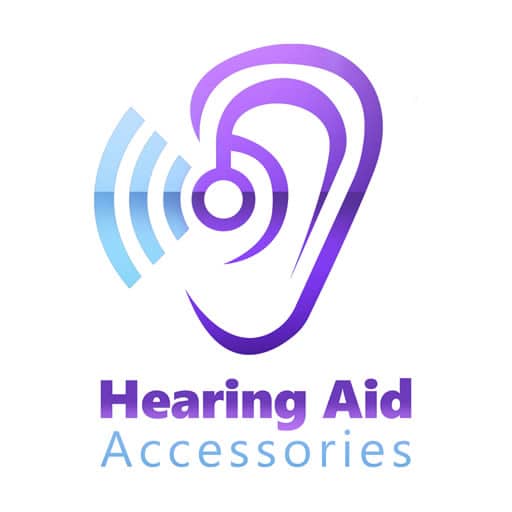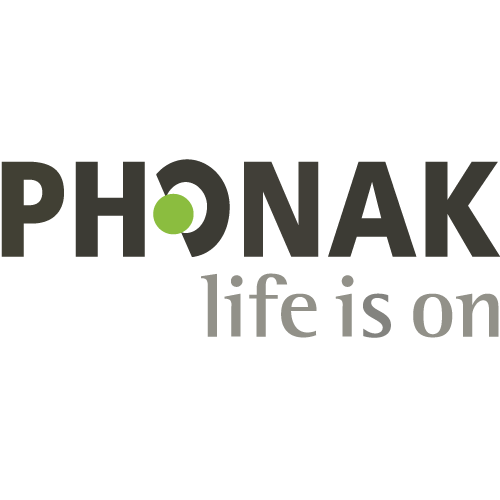Tinnitus is a chronic condition that can have intolerable impacts on those who suffer from it, and according to the British Tinnitus Association (BTA), more people are living with tinnitus than ever previously thought. Over recent years, they have increased their estimate from 10% (1 in 10) to 13.2% (more than 1 in 8) of the UK population thought to be suffering from tinnitus, and it has been further estimated that tinnitus affects 1 in 6 people worldwide.
Tinnitus Awareness Week is observed by the world during the first full week of February, and this year it took place from 7th-13th February. It seeks to educate the global population about the symptoms of tinnitus and how it affects people. Like most other chronic conditions, there is a mental health component to tinnitus. Tinnitus is often accompanied by stress, anxiety, irritability, and depression, and it is estimated that 75% of individuals with severe tinnitus suffer from one or more of these disorders according to the American Tinnitus Association (ATA). Tinnitus is also thought to be linked to suicide. In a study that surveyed 70,000 people to determine the connection between suicide and tinnitus, tinnitus symptoms were reported by 22.5% of participants; 9% of women with severe tinnitus had attempted suicide compared to 5.5% of men. Out of all the participants who reported that they experience tinnitus, only 2.1% had been diagnosed by a hearing specialist suggesting that many individuals affected by tinnitus may even suffer in silence.
Tinnitus occurs when any individual experiences ringing or other noises in one or both ears. These sounds range from ringing, buzzing, hissing, whistling, and pulsating noises and appear to be coming from inside the ear. These sounds can also vary in volume, consistency, and frequency. Although there has been some progress for treating tinnitus over recent years, it remains vastly under researched, yet affects an alarming portion of the world population. By providing a thorough discussion about the history, causes, types, and treatments for tinnitus, followed by our best-recommended products for tinnitus relief, we at Hearing Aid Accessories hope to further enlighten our readers about tinnitus and provide some effective solutions for easing symptoms.
History of Tinnitus
There are records that date back five thousand years that detail the lamenting of the Ancient Egyptians about ringing noises inside the ear. They referred to tinnitus as the “bewitched ear” and concocted various remedies in a dire plea to cure it. They would infuse oil, frankincense, herbs, tree sap, and soil before administering it into the ear using a reed stalk. The intolerable impacts that tinnitus had on their daily lives are encapsulated in “ear stelae” – the Egyptian art that detailed left and right ears alongside images of prized worshippers which they would then use to call to their Gods to cure them of their symptoms.
The early Greco-Romans were the first to treat tinnitus as a symptom rather than a disease, and treatments would depend on where they believed the tinnitus originated from. If the tinnitus was believed to be from a cold, they would clean the ear and hold their breath, and if it came from the head, they would exercise, and use rubbing and gargling to ease it. Further down the line, Greek physician, Hippocrates, and Greek philosopher, Aristotle, used “masking”; a technique that involved using countervailing noises to silence the tinnitus and drive it away. This technique has survived 2400 years as it is still widely regarded as an effective treatment for tinnitus. Nowadays, it is referred to as sound masking and involves using background noises (usually from sound and white noise machines) to drown out the tinnitus.
Fast forward to the Medieval period, and ear candling was invented. Tinnitus was believed to be caused by excess earwax and debris, so they would take a burning candle and put it up the ear to draw such substances out. They would also throw wet wood in fires to make the crackling and rustling sounds lull tinnitus sufferers to sleep.
The study of tinnitus would not be advanced until the 19th century. French physician, Jean Marie Gaspard Itard, associated tinnitus with hearing loss and described early versions of what we would now call “subjective” and “objective” tinnitus. Today, tinnitus is more manageable but is still vastly under-researched so there is still a long road ahead in terms of treatments and potential cures.
What can cause tinnitus?
Perhaps the most important fact about tinnitus is that it is a symptom – not a disease. Tinnitus usually indicates that there is an underlying health condition which requires attention.
The most common causes of tinnitus include hearing loss, ear infections/ blockages, head or neck injuries and using certain types of medications like nonsteroidal anti-inflammatory drugs. However, there are other less common causes of tinnitus including Meniere’s disease, ear bone changes, muscle spasms in the inner ear, and blood vessel disorders. Conditions like diabetes, migraines, anaemia, and autoimmune disorders have also been associated with tinnitus.
Exposure to loud noises, such as attending a concert with no ear protection, can also cause tinnitus. Although the ringing may only be temporary, it is a sign that the individual’s hearing has been damaged. Prolonged exposure to loud noise makes it more likely that the tinnitus will become permanent.
What are the types of tinnitus?
- Subjective tinnitus is the most common form of tinnitus and is when only the individual can hear the sounds. This is usually caused by problems in either the outer, middle, or inner ear but in extreme cases, it may even be all three.
- Objective tinnitus is when the doctor can also hear the sounds when they inspect your ears. This is commonly caused by a problem with a blood vessel; however, it can also signal that there is an issue with your middle ear, bone, or muscle contractions.
- Bilateral tinnitus is a term used to describe tinnitus heard through both ears. It is another common form of tinnitus; one that usually indicates that there is no serious underlying health condition.
- Unilateral tinnitus is a term used to describe tinnitus only heard through one ear. It is an uncommon type of tinnitus and indicates that there could be a serious underlying health condition.
- Pulsatile tinnitus is a rhythmic tinnitus that is usually heard in beat with individual’s heart. It usually indicates a change in blood flow to the ear.
Is there a cure for tinnitus?
Tinnitus cannot be cured as such, but there are treatments to ease the symptoms. The first thing anyone living with tinnitus should do is rule out any underlying health conditions by visiting their local GP. If the tinnitus is diagnosed as bilateral or subjective, most of the time it will just be a case of managing symptoms.
What do Hearing Aid Accessories recommend for tinnitus relief?
SleepPhones Wireless Bluetooth Headband Headphones V7
SleepPhones Headband will help you to fall asleep faster and stay asleep for longer. Ideal for tinnitus sufferers and light sleepers – they are essentially pyjamas for your ears!
They are also great for travelling, listening to podcasts, audiobooks, or listening to nature sounds whilst drifting off into a deep sleep.
Sound Oasis Tinnitus Sound Therapy System
Sound Oasis is the cutting-edge tinnitus sound machine that gives you the ultimate selection of sounds developed specifically to help those with tinnitus cope with their condition.
By utilising a wide range of relaxing ambient sounds, you can lull yourself into a calm and blissful sleep. In addition, courtesy of its compact size and built-in clock and alarm settings, it’s perfect for use on the go wherever you are!












